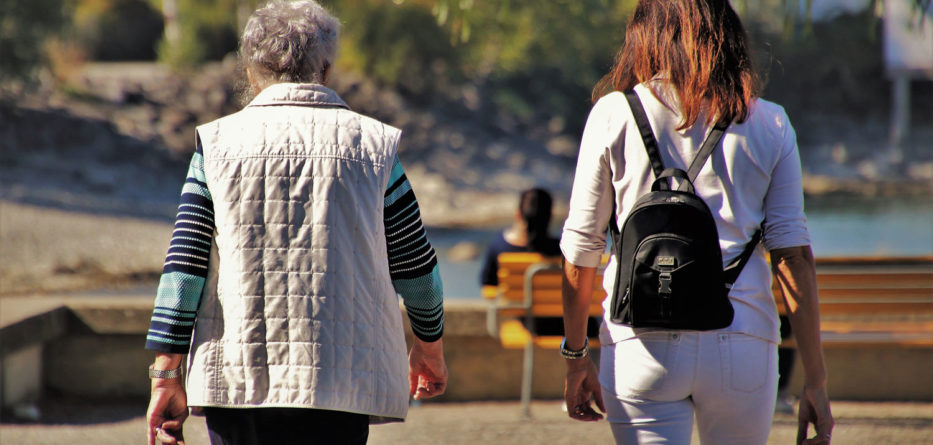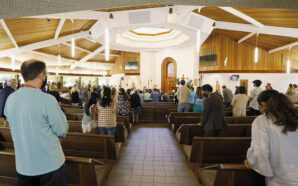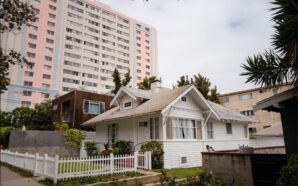Phoenix, Arizona – Anger over the iron-fisted immigration policies of the United States brought together a group of women in Texas who never knew each other before but wanted to do something for the immigrants stranded at the border. Today, a year later, the women are still helping and have received a prize for their work.
The “Angry Aunts & Grandmas of the Rio Grande Valley” spend their free time providing food and comfort for families whose migration was blocked at the US-Mexican border. A sponsor donates the economic support they need.
Immigrants once crossed the border without a care about risking their lives, but “now their needs have changed and I’ve seen the discouragement in their faces when they observe hundreds of their fellow migrants returning after being denied political asylum and deported,” Elisa Filippone, one of the members of the group, told EFE.
The Angry Aunts & Grandmas refuse to be discouraged, however, and in early June received the Robert F. Kennedy Human Rights Award, which took them by surprise but also inspired them to keep up the good work.
“We didn’t know each other before – the news informed us about the immigrants stranded outside the Pharr-Reynosa International Bridge and at the bus stations. Some women equipped us with ice chests and we went to help them. That’s how our support group got started,” Filippone said.
They took up their posts at bus stations, truck stops, detention centers and elsewhere along the border for at least three days at a time to help the migrants with their bus tickets, inform them about travel across the United States and sometimes gave them $40 to use on the trip.
Some went to bridges on the border with food and prepared meals, hygiene products, clothes, air mattresses, medicines and condoms.
Filippone started helping the immigrants left stranded in the local bus station, whose employees called her when they needed her. “I became the manager of that area,” she said proudly.
“Later more volunteers showed up, because the number of immigrants was growing. We got to the point where we saw 350 people a day. That was when the city of Brownsville intervened with shelters for migrants during the crisis,” she said.
When she saw more people coming to aid immigrants at the bus station, she decided to move on to the border bridges, where immigrants established camps on the Mexican side and where there was a “small Central American community.”
The summer heat didn’t stop Filippone, who every week visits those makeshift camps.
“They had to set up camp alongside the bridges because the shelters were full to capacity. We took them tarps, blankets, tents, and even so, the authorities twice dismantled their camps, during which they lost heaters, fans and other belongings,” she recalled.
For several days we didn’t know where the immigrants were, she added, because they scattered out of fear. Now there are only several dozen left by the bridge at Brownsville.
“I take them non-perishable food, though what they most need right now is legal counseling. They’re very uninformed,” she said.






